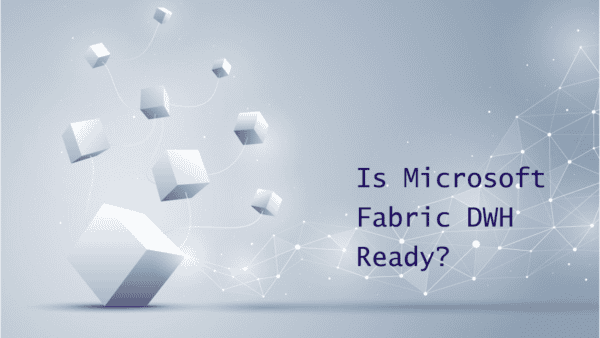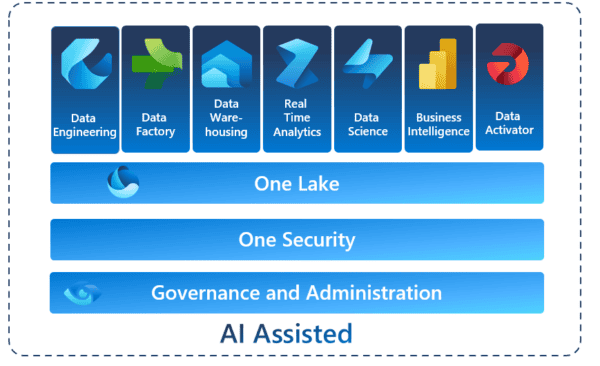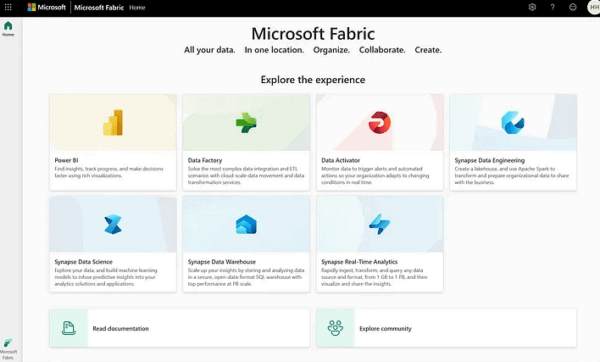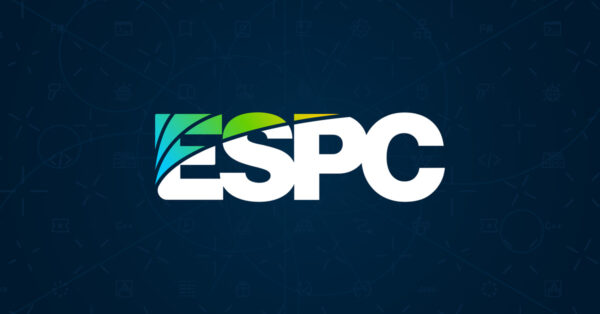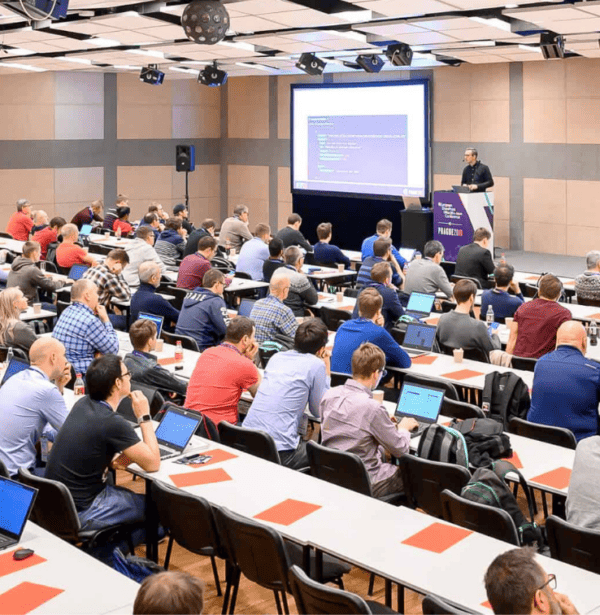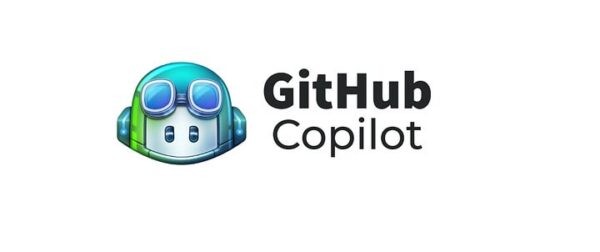Microsoft Fabric is a comprehensive analytics solution designed for enterprise customers and is a new unified data analytics platform from Microsoft that has brought together a range of data technologies, some of which are already available in the Azure universe. It encompasses various aspects such as data movement, data science, real-time analytics, and business intelligence. This all-in-one platform offers a wide range of services, including data lake, data engineering, and data integration, all conveniently located in a single place. With Microsoft Fabric merged Microsoft’s three main data analytics products namely PoweBI, Azure Synapse and Azure Data Factory.
One of the key advantages of Fabric is that it eliminates the need to assemble different services from multiple vendors. Instead, it provides a highly integrated and user-friendly product that simplifies your analytics requirements.
The foundation of Fabric is built on Software as a Service (SaaS), which takes simplicity and integration to a different & new level. It brings together both new and existing components from Power BI, Azure Synapse, and Azure Data Factory into a unified environment which is then presented through various customized user experiences as components.
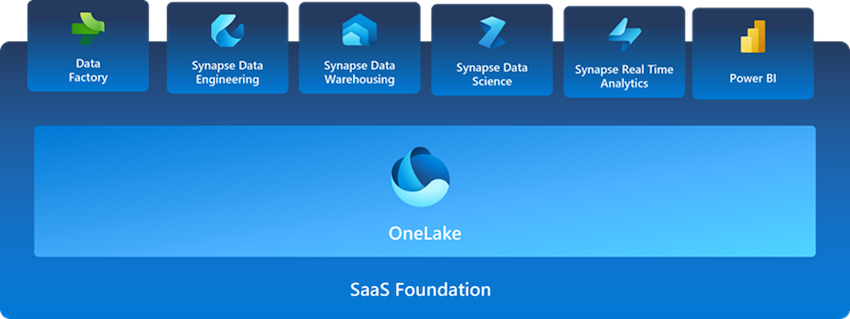
Fabric seamlessly integrates experiences from various facets of data, such as Data Engineering, Data Science, Data Warehouse, Real-Time Analytics, and Power BI onto a shared SaaS foundation. This integration offers several advantages like the following…
- Includes a wide range of deeply integrated analytics
- Shared experiences that are familiar for the user and easy to learn
- Easy access and reuse of almost all assets for developers
- Unified data lake that allows you to retain data while using your preferred analytics tools
- Governance
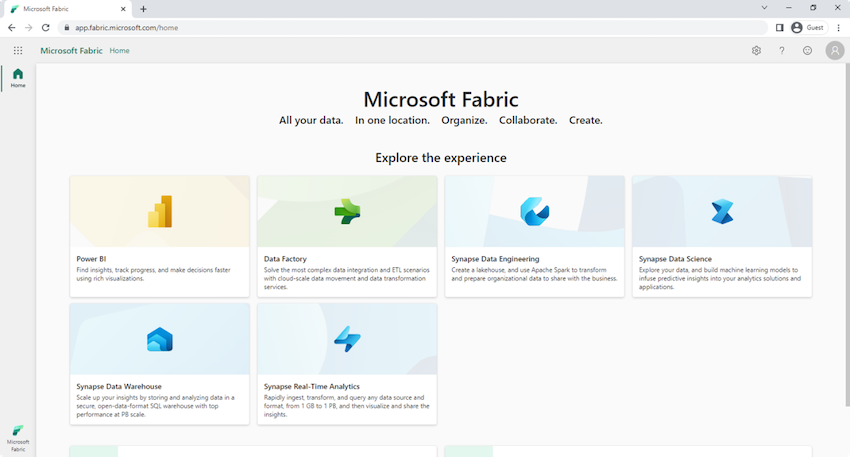
With the SaaS experience, data and services are seamlessly integrated, allowing IT teams to centrally configure core enterprise capabilities. Permissions are automatically applied across all underlying services, and data sensitivity labels are inherited automatically across the suite.
By using Microsoft Fabric, creators can focus on producing their best work without the hassle of integrating, managing, or understanding complex analytics tools. Fabric simplifies the analytics process, allowing you to unleash your creativity and drive meaningful insights for your enterprise. Microsoft offers a free 60-day trial to explore and learn Microsoft Fabric, which we will discuss in the upcoming articles on how to get started.
Summary
About the Author:
Data Architect, Azure Data Geek and a Microsoft Certified Trainer
Connect with Vinodh on LinkedIn
Reference:
Kumar, V. (2024). The Basics of Microsoft Fabric. Available at: https://www.c-sharpcorner.com/article/the-basics-of-microsoft-fabric/ [Accessed: 15th February 2024].

